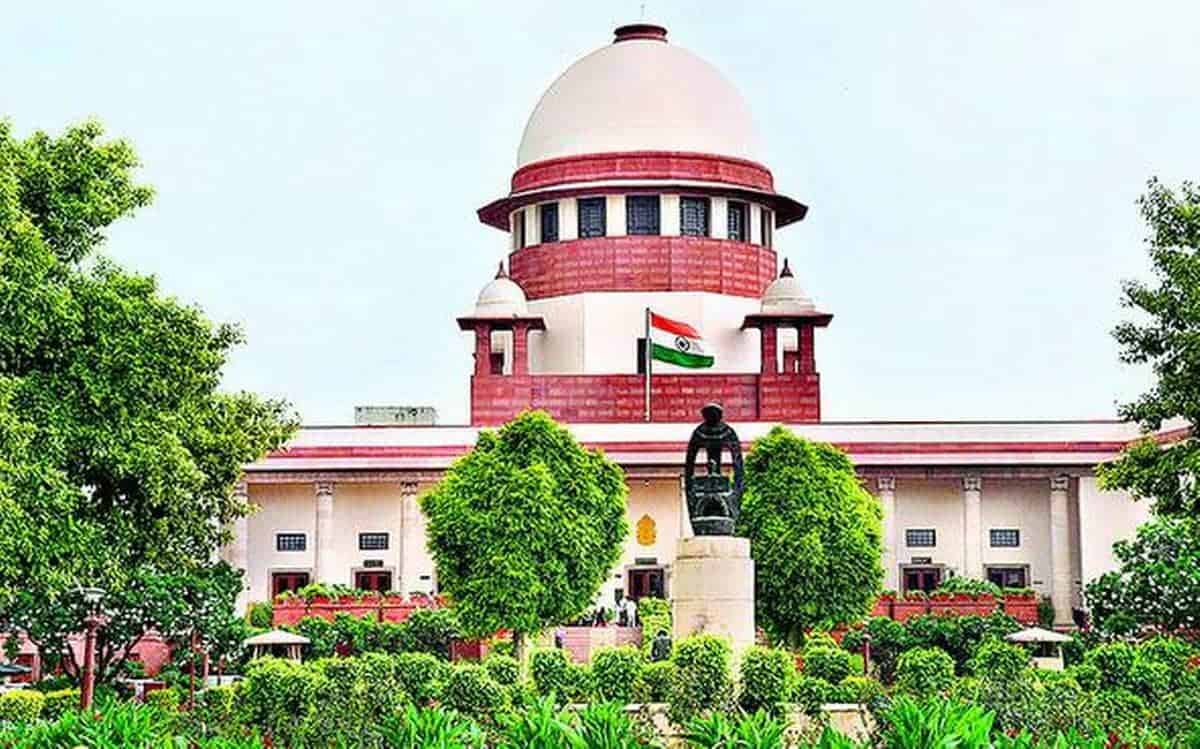

In a landmark judgment, the Supreme Court said states are empowered to make sub-classifications of Scheduled Castes (SCs) and Scheduled Tribes (STs) for granting quotas inside the reserved category to uplift the more underprivileged castes.
A seven-judge constitution bench, headed by Chief Justice of India D Y Chandrachud, held by a 6:1 majority said the states could be allowed to go for sub-classification of SCs and STs to ensure grant of quota to more backward castes inside these groups.
The bench delivered six separate judgements.
The majority verdict said the basis of sub-classification has to be justified by “quantifiable and demonstrable data by the states, which cannot act on its whims”.
The bench, also comprising justices BR Gavai, Vikram Nath, Bela M Trivedi, Pankaj Mithal, Manoj Misra and Satish Chandra Mishra, delivered the verdict while hearing to 23 petitions, including the lead one filed by the Punjab government challenging a 2010 verdict of the Punjab and Haryana High Court.
The apex court, overruling its 2004 judgement of a five-judge bench in the EV Chinnaiah case, said members of SCs and STs are often unable to climb up the ladder due to the systemic discrimination faced by them.
Justice Gavai, in a separate verdict, said states must identify the creamy layer in SCs and STs and take them out of reservation.
Writing a dissenting verdict, Justice Bela Trivedi dissented from the majority and ruled that such sub-classification is not permissible. Justice Trivedi said affirmative action of states has to be within constitutional fold.
The Court upheld the validity of laws which provide for such sub-classification in Punjab, Tamil Nadu and other States.
It upheld the Tamil Nadu Arunthathiyars (Special Reservation of Seats in Educational Institutions and of Appointments or Posts in the Services under Reservation for the Scheduled Castes) Act, 2009 which provides reservation for Arunthathiyars in educational institutions and state government positions within the 18% reservation for SCs.
The Supreme Court had reserved the verdict on February 8 on pleas seeking review of the E V Chinnaiah judgement, which in 2004 had ruled that all schedule caste communities which suffered ostracisation, discrimination and humiliation for centuries represented a homogeneous class incapable of being sub-categorised.
The verdict came on references to revisit the five-judge constitution bench judgement of 2004 in the case of EV Chinnaiah vs. State of Andhra Pradesh, in which it was held that SCs and STs are homogenous groups and hence, states cannot further sub-classify them to grant reservation inside quota for more deprived and weaker castes in these groups.
This post was last modified on 2 August 2024 10:23 am
Telangana political spectrum got heated up today with the attendance of KCR in the ongoing…
It has become a tradition for Jagan Mohan Reddy to frequently say YSR Congress is…